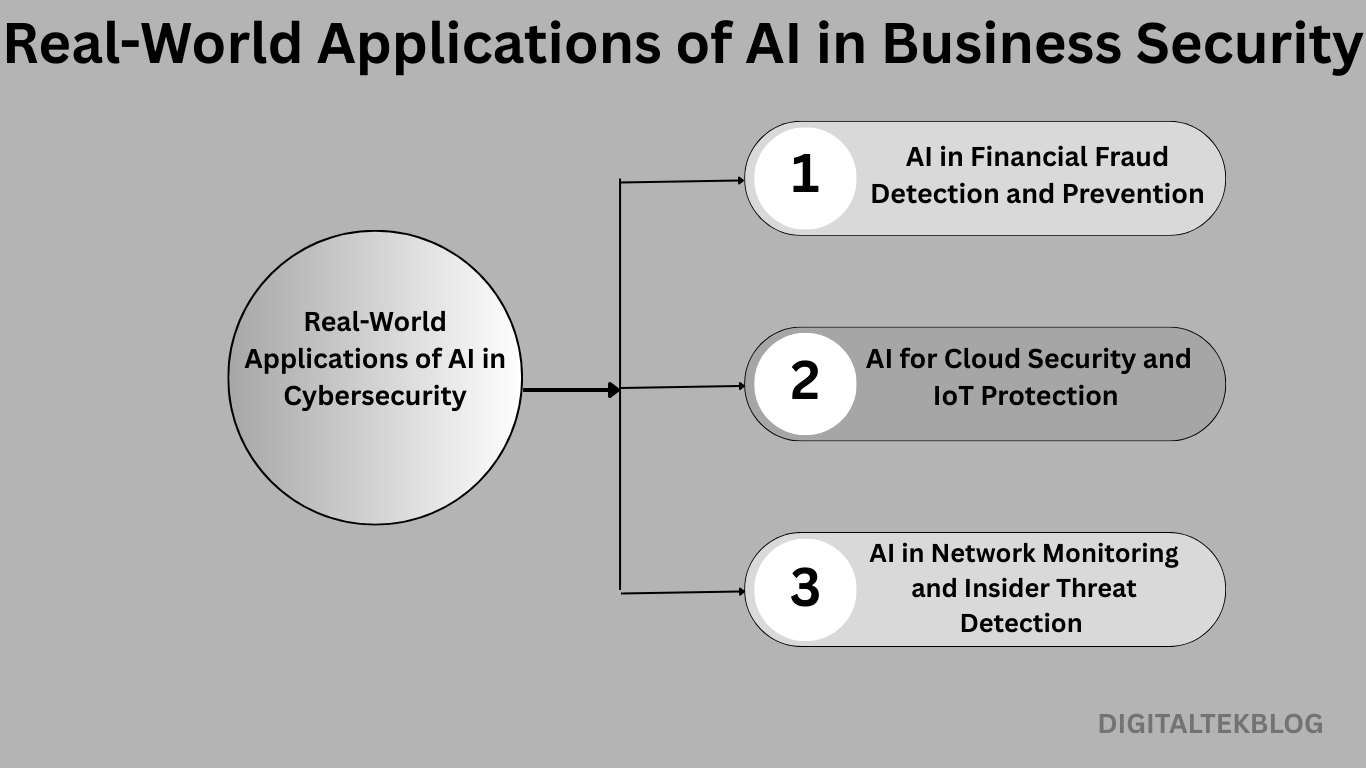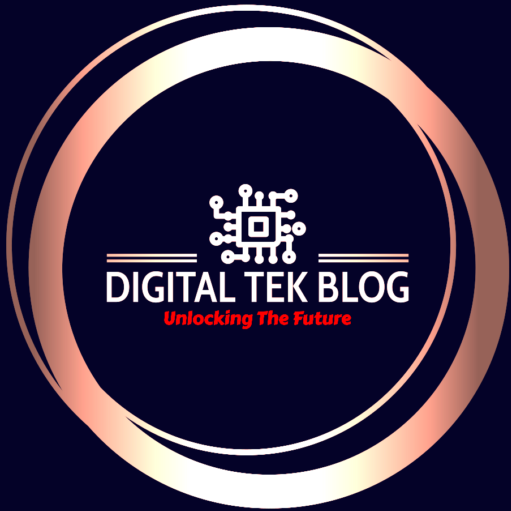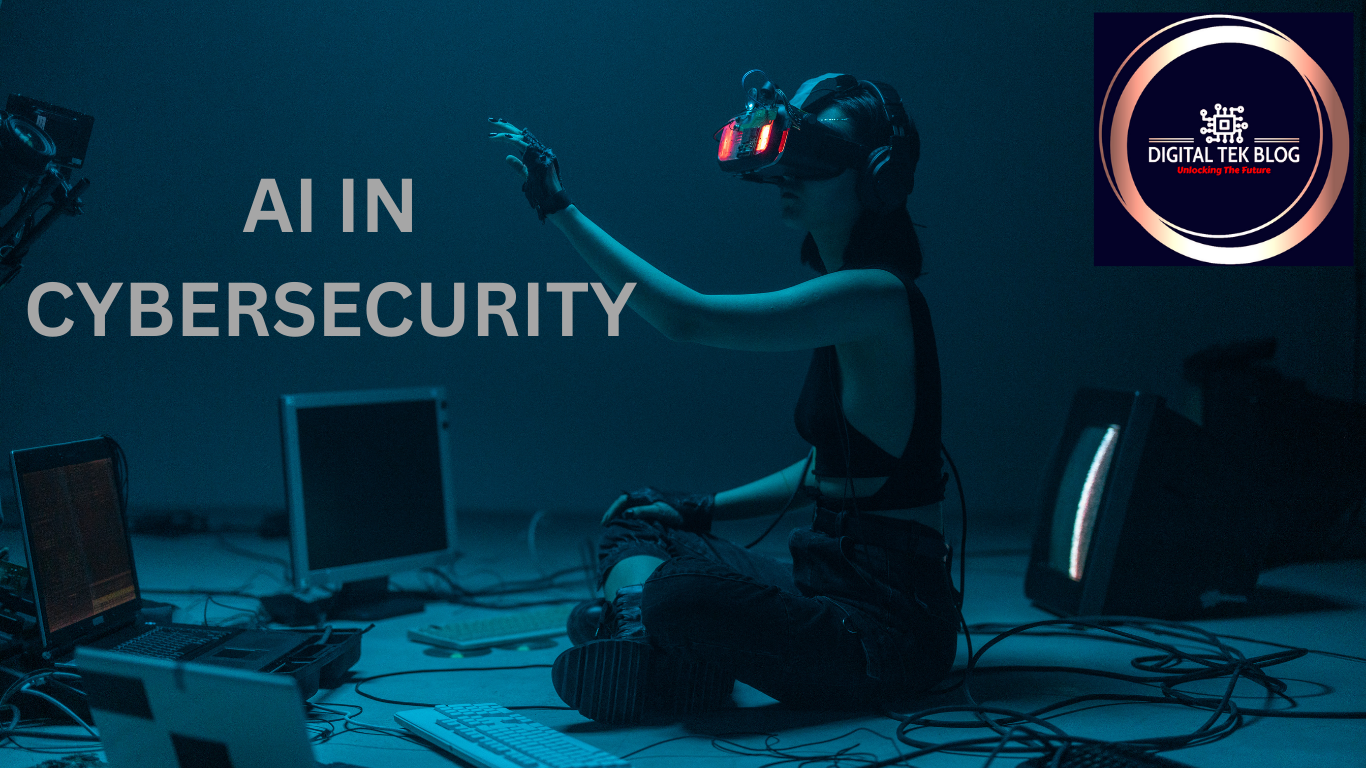Introduction to AI in Cybersecurity
Cybersecurity has become one of the biggest concerns for businesses in 2025. With the rapid adoption of digital platforms, cloud systems, and IoT devices, the attack surface for cybercriminals has expanded like never before. Traditional tools and manual monitoring cannot keep up with sophisticated threats such as ransomware, phishing, and AI-powered hacking.
This is where Artificial Intelligence (AI) in cybersecurity plays a transformative role. By analyzing vast amounts of data, identifying patterns, and responding instantly, AI provides businesses with a smarter, faster, and more reliable way to secure digital assets.
Why Businesses Need AI for Digital Protection in 2025
In 2025, cyberattacks are no longer isolated incidents; they are continuous and adaptive. Businesses face threats ranging from financial fraud to supply chain attacks. AI in cybersecurity enhances defense by learning from data, predicting attacks before they happen, and providing automated solutions.
The Rising Cost of Cyber Threats for Companies
According to global studies, cybercrime costs are expected to surpass $10.5 trillion annually by 2025. For businesses, this means not only financial loss but also reputational damage, loss of customer trust, and regulatory penalties. Adopting AI-driven cybersecurity is no longer optional—it’s a business necessity.
👉 Stay ahead of hackers with AI-powered cybersecurity. Start protecting your business today with smarter, faster, and automated defense.
How AI in Cybersecurity Transforming Business

AI is reshaping the cybersecurity landscape by enabling intelligent monitoring, prediction, and automated response. Businesses that use AI-based solutions experience fewer breaches and respond to incidents more effectively.
AI-Powered Threat Detection and Prevention
AI in cybersecurity resources analyzes network traffic, system behavior, and user activity to spot unusual patterns. For instance, if an employee account suddenly downloads large volumes of sensitive files, AI can flag this as a potential insider threat and block access instantly.
Automated Incident Response for Faster Recovery
Time is critical in cybersecurity. AI systems can automatically isolate compromised devices, block malicious IPs, and alert administrators. This reduces downtime and ensures minimal impact on business operations.
AI in Malware, Ransomware, and Phishing Defense
Traditional antivirus tools struggle against new malware strains. AI models learn from evolving attack signatures, allowing them to detect and stop even zero-day threats. Phishing emails, for example, can be identified by AI through natural language processing that recognizes suspicious language or links.
👉 Don’t let cyber risks slow your growth. Embrace AI in cybersecurity and secure your data, customers, and future.
Benefits of AI in Cybersecurity for Businesses
Integrating AI into cybersecurity brings multiple advantages for organizations of all sizes.
Reducing Human Error with Intelligent Automation
Human mistakes—like misconfigurations, weak passwords, or clicking malicious links—are a leading cause of breaches. AI helps minimize these errors by automating repetitive tasks and identifying vulnerabilities before attackers exploit them.
Real-Time Data Privacy and Compliance Monitoring
Data protection laws such as GDPR, HIPAA, and CCPA demand strict compliance. AI-powered tools continuously monitor data flows, ensuring businesses maintain compliance and reduce the risk of fines or legal action.
Cost Savings Through Proactive Cyber Defense
Instead of spending heavily on damage control after an attack, businesses can save money by preventing incidents with AI-driven proactive defense. Automated systems reduce the need for large manual security teams while providing 24/7 monitoring.
Challenges Businesses Face with AI in Cybersecurity
While AI offers significant benefits, it also comes with limitations that businesses must address.
Risks of Over-Reliance on AI Security Tools
AI is powerful but not flawless. Over-dependence on AI without human oversight can lead to blind spots. For example, attackers may use adversarial AI to trick security models into ignoring malicious activity.
Data Privacy and Ethical Concerns in AI Security
AI systems require vast amounts of data to function effectively. This raises concerns about data privacy, storage, and surveillance. Companies must strike a balance between security and respecting user privacy.
Balancing AI with Human Expertise
AI can automate detection and response, but human expertise is needed for strategic decision-making. Cybersecurity professionals must work alongside AI tools to ensure a balanced and ethical approach.
👉 Cyber threats never sleep—neither should your protection. Strengthen your digital defense with AI-driven security solutions today.
Real-World Applications of AI in Business Security
Businesses across industries are already adopting AI-powered cybersecurity to protect operations, customers, and assets.

AI in Financial Fraud Detection and Prevention
Banks and financial institutions use AI to detect suspicious transactions. By monitoring real-time payments, AI systems block fraudulent activities before they reach customers.
AI for Cloud Security and IoT Protection
With more companies moving to the cloud and IoT devices becoming common, AI ensures that data transfers remain safe. It monitors cloud workloads, detects unauthorized access, and protects IoT endpoints from hijacking.
AI in Network Monitoring and Insider Threat Detection
Insider threats—whether intentional or accidental—are among the hardest to detect. AI monitors employee activity and flags abnormal behavior, such as accessing sensitive files outside working hours.
The Future of AI in Cybersecurity for Businesses
The evolution of AI promises a more secure digital future for businesses.
Predictive AI Models for Smarter Cyber Defense
Predictive AI can forecast cyberattacks by analyzing trends in hacker behavior. This allows businesses to take preventive action before attacks happen.
Machine Learning and Self-Healing Security Systems
Future AI systems will not only detect and respond but also self-heal. This means they can fix vulnerabilities automatically without human intervention.
How AI Will Shape the Next Decade of Business Security
By 2030, AI in cybersecurity will become the backbone of enterprise defense. Businesses that adopt AI-driven tools will enjoy stronger security, reduced costs, and a competitive advantage.
Conclusion – Why Businesses Must Embrace AI in Cybersecurity
The rise of AI in cybersecurity has created a turning point in digital defense. For businesses, it means moving from reactive protection to proactive prevention.
AI empowers organizations with smarter threat detection, faster incident response, and stronger compliance. However, businesses must remember that AI is not a replacement for human intelligence but a powerful partner.
In 2025 and beyond, companies that integrate AI into their cybersecurity strategy will not only survive but thrive in a digital landscape full of challenges.
Excerpt / Summary
In 2025, businesses face cyber threats that are faster, smarter, and more damaging than ever before. Traditional security systems alone are no longer enough to combat ransomware, phishing, and AI-driven attacks. This is where AI in cybersecurity becomes a game-changer.
Artificial Intelligence provides companies with advanced tools to detect threats in real-time, automate responses, and predict future attacks before they strike. From protecting sensitive financial data to monitoring cloud environments and IoT devices, AI is transforming the way businesses safeguard their digital assets.
The benefits are clear—fewer breaches, lower costs, stronger compliance, and greater customer trust. Yet, AI also brings challenges such as data privacy concerns, over-reliance risks, and the need for human oversight.
This complete guide explores how AI is reshaping business security, the opportunities it creates, the obstacles it presents, and the future it promises. For companies in 2025 and beyond, embracing AI in cybersecurity is no longer optional—it’s essential for survival in the digital era.
🔐 Secure Your Business with AI Today
Cyber threats are evolving every day, but so are the solutions. By adopting AI in cybersecurity, your business can move from simply reacting to attacks to actively preventing them. Whether you’re safeguarding customer data, protecting financial assets, or ensuring compliance, AI-driven tools give you the edge you need in a digital-first world.
Don’t wait for the next cyberattack to test your defenses. The future of security is intelligent, automated, and proactive—and it starts now.
👉 Take the next step today: explore AI-powered cybersecurity solutions and protect your business with smarter digital defense.
🔚 Conclusion: AI in Cybersecurity is No Longer Optional
Cybersecurity in 2025 is not just about defending against known threats—it’s about staying ahead of evolving digital risks. AI in cybersecurity empowers businesses with predictive defense, real-time monitoring, and automated protection that traditional methods simply can’t match.
For businesses of all sizes, adopting AI-driven security solutions is now essential for safeguarding customer trust, protecting sensitive data, and ensuring long-term growth in a digital-first economy. The sooner you integrate AI into your security strategy, the stronger your defense will be against cybercriminals.
👉 Final takeaway
AI is not replacing human intelligence—it’s enhancing it. Together, humans and AI form the most powerful shield against cyber threats in the modern world.
❓ FAQ
🔹 Q1: Can AI really stop cyberattacks?
👉 Yes! AI detects, analyzes, and blocks threats in real-time—before they harm your business.
🔹 Q2: Is AI in cybersecurity expensive for small businesses?
👉 Not at all. Many AI-driven security tools are affordable and scale as your business grows.
🔹 Q3: How does AI protect sensitive company data?
👉 AI monitors systems 24/7, flags suspicious activity, and prevents data breaches automatically.
🔹 Q4: Will AI replace human cybersecurity experts?
👉 No. AI works best alongside human expertise, making security smarter and more reliable.
🔹 Q5: What is the future of AI in cybersecurity?
👉 AI will power predictive defense, self-healing systems, and proactive cyber protection for businesses.

